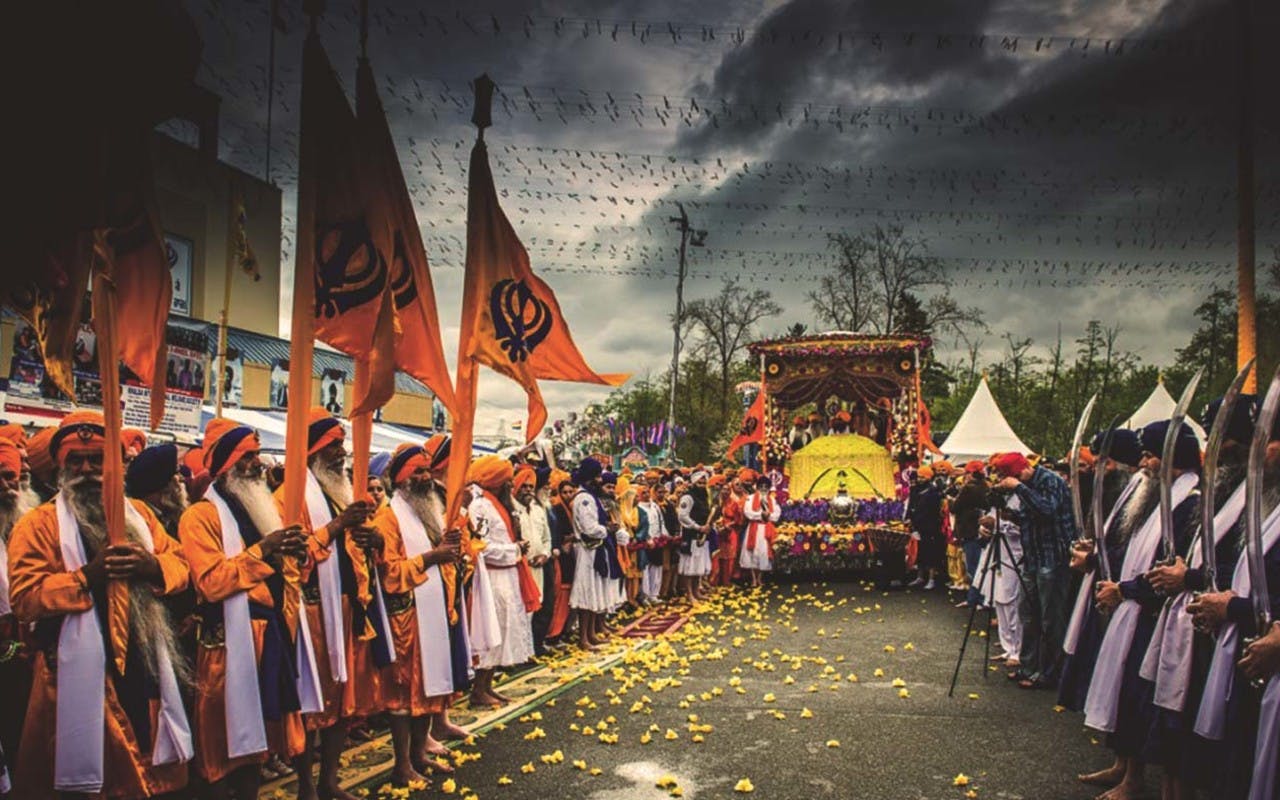
Jess, a first-class Manager-walli in Dishoom Edinburgh, (she’s awesome) has taken some time to tell us a little about Vaisakhi and what it means to her and her family. We’re ever-grateful Jess… you’re a big-hearted gem.
Vaisakhi, a day marked across India by people of many faiths, is celebrated in the Punjab as the start of the new Harvest. It falls on the 13th April this year.
A particularly important day for villagers, landowners and farmers, it’s the day they give thanks for their prosperous land and the crops they were able to harvest that year, while at the same time praying for another fortunate year of cultivation. Without this crop, they would have no income, and no means of feeding their families, friends, and fellow villagers. In a very dry and hot country, this is a truly significant day on which hopes lie for good fortune in the following year. You could, therefore, consider it as India’s Thanksgiving.
For others, this marks the start of the New Year and streets fill with the sound of music and laughter while families and communities dance, eat and celebrate together.
Vasaikhi is also a commemoration of the day that Sikhism was born as a collective faith.
Growing up, I remember Vaisakhi being a time of parades and street parties. I grew up in a town with a high concentration of Sikhs (and Indians of all faiths, for that matter). The day would start with a religious procession where floral decorated carriages dressed in flags and the colours of the Khalsa (navy and orange) would carry as many people as they could fit. The rest would follow on foot.
They were following the ‘Guru Granth Sahib’ – our Holy Bible if you like. The last and eternal Guru with all the teachings, stories and encounters of the first ten Guru’s in their journey to reach the final stage of enlightenment and eternity.
The significance of this is to celebrate the day that ‘Guru Gobind Singh’ the 10thand last Guru, chose to form the Sikh brotherhood of the Khalsa know as the ‘Panj Pyare’ – the beloved Five – in 1699. This was a very small army of Sikh warriors that was prepared to risk their lives to protect the religious freedoms and equalities of the people of India who came under attack from the Mogul Empire, attempting to strip the country of its multiple faiths and religions, liberties and riches.
As the procession continued, the streets would fill with friends, families, neighbours and anyone that wanted to join in. Residents would prepare and distribute fresh tea and snacks to all those taking part in the processions, whatever their faith or beliefs. Five men representing the ‘Panj Pyare’, walking barefoot, would lead the carriage carrying the ‘Guru Granth Sahib’ through the streets, and it would end with a ceremonial sword fight – the weapon of choice for these 5 warriors.
But the celebrations wouldn’t end here. Most of the town would be pedestrianised for the day and people of all faiths, backgrounds and persuasions would come together to dance, sing and play in the streets. Everyone was welcome to join the party and it was, without doubt, the celebration that me and my family looked forward to the most.
As Dishoom is a place where we celebrate differences and believe in the power of food to break down barriers and bring people together, it is only fitting that we invite everyone to join us in marking this special day.
To celebrate, our Chef-wallas have prepared a traditional Punjab staple — Sarson ka Saag. Slow-cooked mustard leaves and spinach, tempered with ghee, cumin, green chillies, garlic, and onions. Finished with a dollop of butter and served beside makki (maize) ki rotis, tamarind-onion chutney, and jaggery. Do stop at your closest Dishoom for a flavourful bowl between 8th — 21st April. Relish it before it’s gone. Vaisakhi di lakh lakh vadhaiyan.
Happy Vaisakhi to you all!
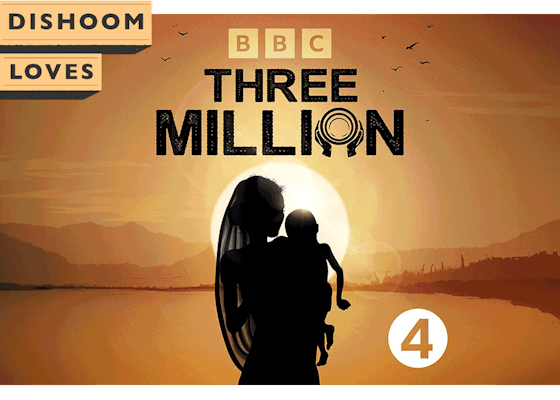
Spring has gently tiptoed in. As the days lengthen and the sun grows bolder, here’s a glimpse of what we eagerly await in April.
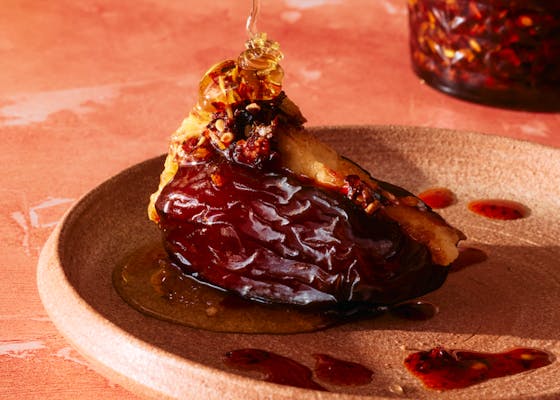
We’re turning page after page of Ayesha Erkin’s recipe book Date of the Day, featuring 30+ recipes for the modest date – timely for breaking fast and after. Our dear friend Ayesha has now kindly shared a recipe for you to make at home. Try it this Iftar or any time you need a salty-spiced sticky treat.
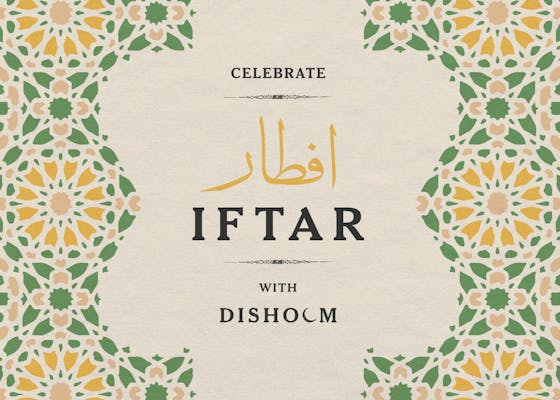
The holy month of Ramadan is upon us, when Muslims around the world fast daily from dawn till dusk. It is a time of private worship and spiritual discipline, but also of shared joy and abundant feasting. Families and communities come together at suhoor, the pre-dawn meal, and at iftar, the evening meal, to break their fasts with copious, delicious dishes. Join us on 7th April for our own Iftar celebration – for an evening of feasting and live music.
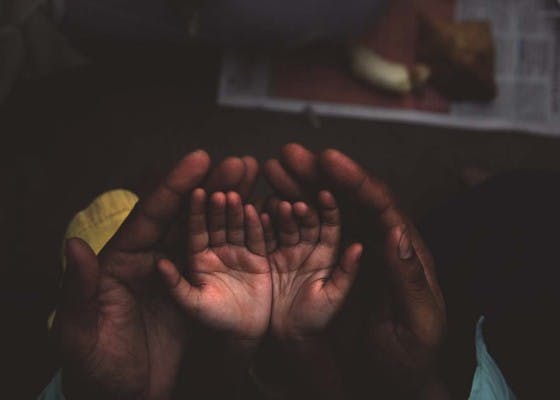
We often find it too easy to hurtle through the days, in an attempt to outpace the bustling city – be it London or Bombay – which always seems to be running away like a steam-engine train on a rickety track. Occasionally, it does us good to pause for thought, to disembark the carriage and sit on the platform awhile.